

Damion Smy
Suzuki Fronx recalled after seatbelt failure sparks ‘urgent investigation’
5 Hours Ago
The hybrid-powered Honda Civic hatch is a lovely thing to drive, efficient and thoughtful in its design – it just costs too much.
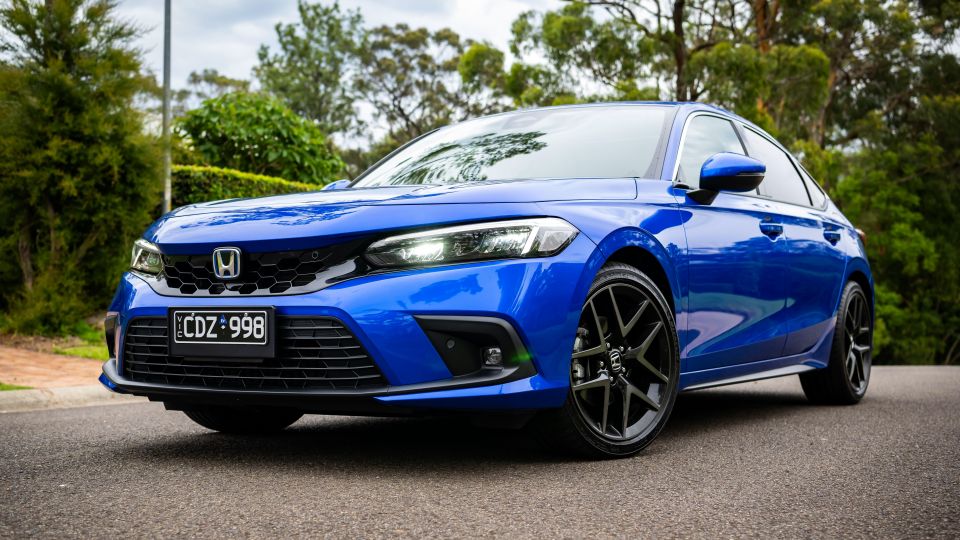
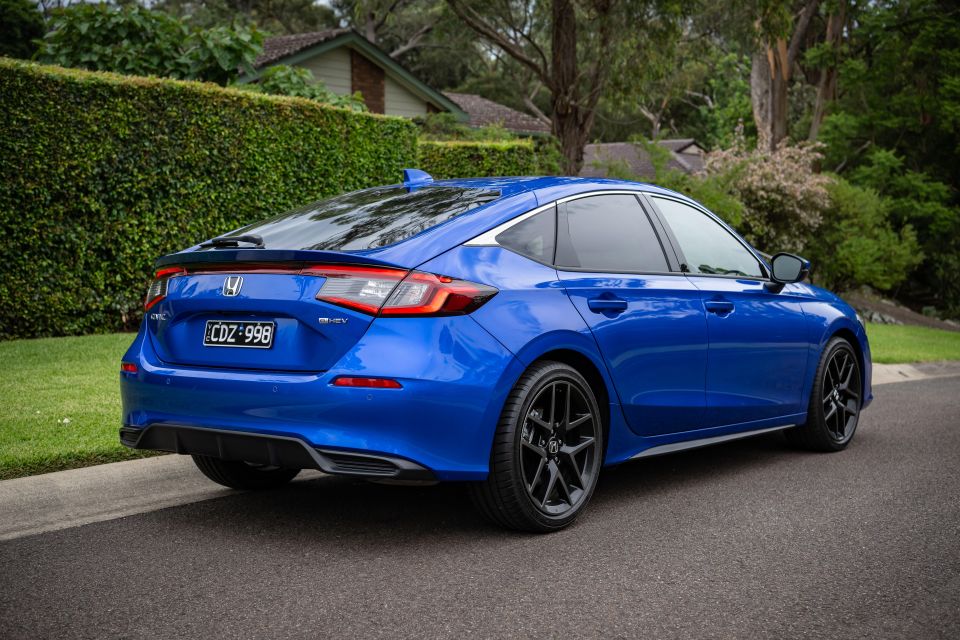

Where expert car reviews meet expert car buying – CarExpert gives you trusted advice, personalised service and real savings on your next new car.
The Honda Civic range has been around for a bit over a year now, and when the line-up first launched there was a lot of reaction about the pricing.
Since then, a lot of other brands have jacked prices up too, but the Civic remains one of the most expensive mainstream hatchbacks you can get in Australia. The hybrid one tested here? It’s pretty darn pricey.
Budget aside, the 2024 Honda Civic e:HEV LX is impressive. Like, I think I’d try and find a way to make the repayments work, because it’s such a good thing. I’ll tell you why in this review.
Honda Australia has national drive-away pricing for its model range, and it’s on the high side.

The Civic e:HEV LX is $55,000 drive-away, and to me that’s about 10 per cent too much to be competitive with some of its big-name rivals.
Like, seriously, you can get a fully-kitted out Toyota Corolla Sedan ZR Hybrid ($40,260) or Corolla Hatch ZR Hybrid ($39,100); though, you might have to wait a while to get either of those. Even so, they represent unbelievable value compared to the Civic.
There are other hatchback rivals that you could also look at, like the Kia Cerato. The sporty GT version is an absolute hum-dinger of a bargain at $36,390 plus on-roads, and you could spend your savings on more than a lifetime’s worth of petrol.
If you want a hybrid small car and a sedan would do the job, there’s the new Hyundai i30 Sedan Hybrid, which starts from $33,000 plus on-roads. So, there are plenty of options out there.
There are even hybrid choices from within the Honda brand. You can get a HR-V e:HEV L ($47,000 drive-away) or the related ZR-V e:HEV LX ($54,900 drive-away) for less than this hatchback. You’d think those compact SUVs might hold their value better given higher demand, too…
But the Civic really does play a bit more of a semi-premium role now than it did in generations past. However like I said in the preamble: price isn’t everything!
Buy your new car without the stress. It's fast, simple and completely free.

Great service from Travis and team, second time I have used this business would not hesitate to recommend them to anyone
Craig C.
Purchased a Ford Ranger in Sunshine Coast, QLD
CarExpert helped Craig save thousands on his Ford Ranger, now let us save you on your next new car.
Find a dealDo the blindfold test.
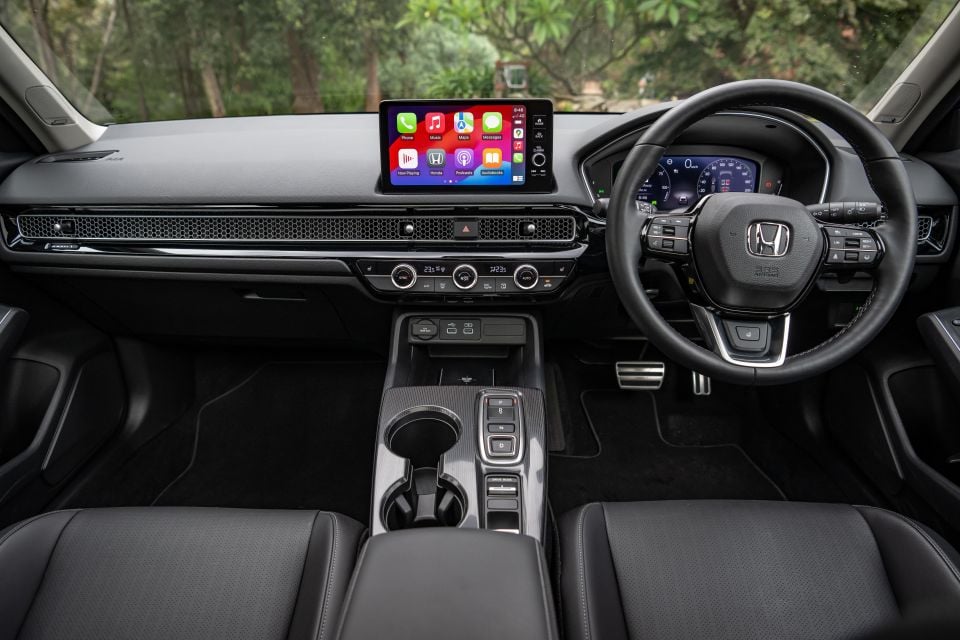
If you took off the blindfold, you could be convinced that you are in a Honda CR-V, or a Honda ZR-V, or a Honda HR-V.
Do you know what – I don’t have a problem with that. I can understand why some people might, because the interior design is very much a copy and paste job between the different Honda models.
But I think it’s a beautiful design, and it works well no matter which application you’re talking about.
Part of the reason that it does work well is that it does still have manual dials and controls, and they are bloody lovely to use. There’s a motion to the knobs that is truly joyful to experience. There’s tactility, and a lovely sound to the actuation as you adjust the fan speed or temperature.
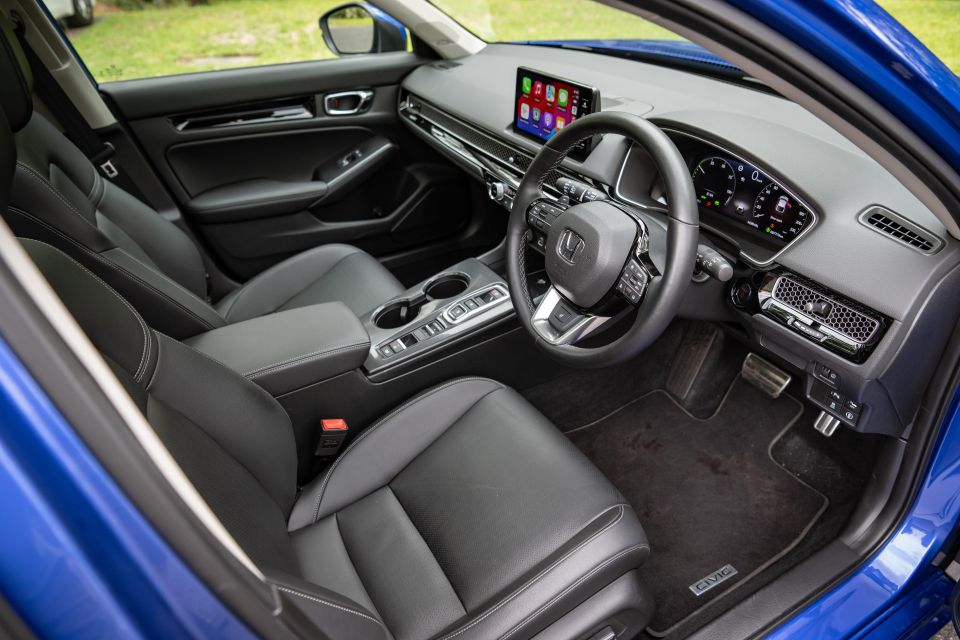
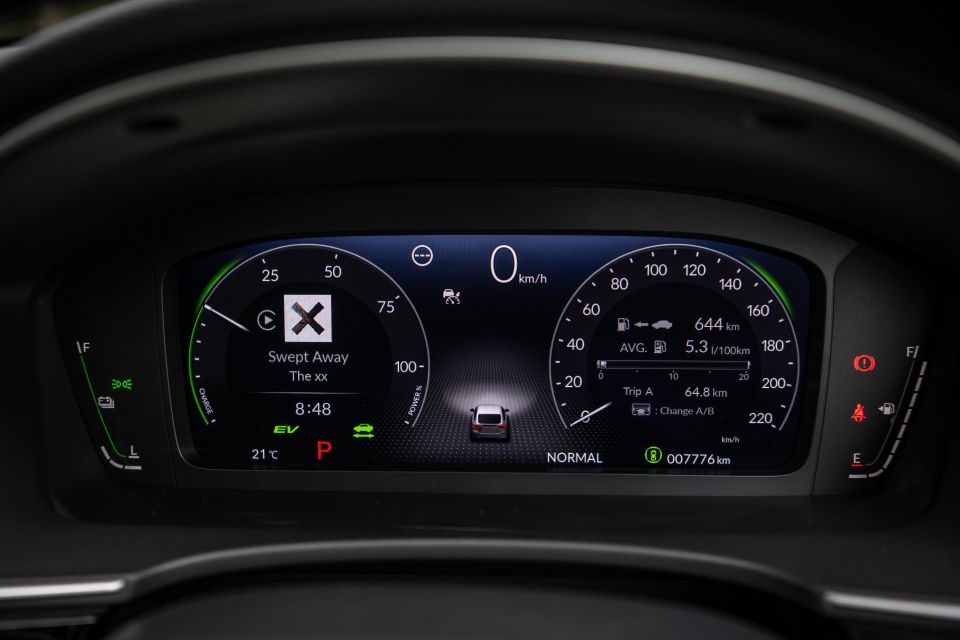
I know, I’m a bit of a knob knob; but these are lovely little details. The vents are excellent in terms of adjustability, too.
The media system also has a couple of buttons (home, back and tuning triggers) and there’s a volume knob – all of which make living with the screen a lot easier.
Of course, there’s wireless Apple CarPlay and Android Auto as well, and it is a pretty simple screen setup despite the fact there are a few pages of menus to wander through, including screen settings, sat nav and plenty more.
The small digital instrument display in front of the driver takes a little bit more learning than the touchscreen itself, with the roller pads on the steering wheel being your means of controlling the display.
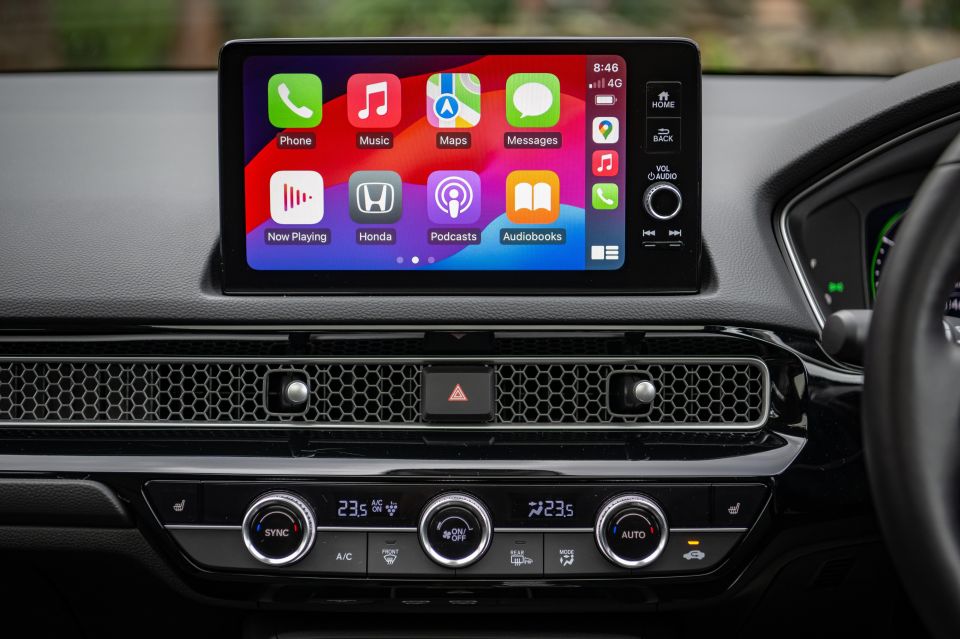
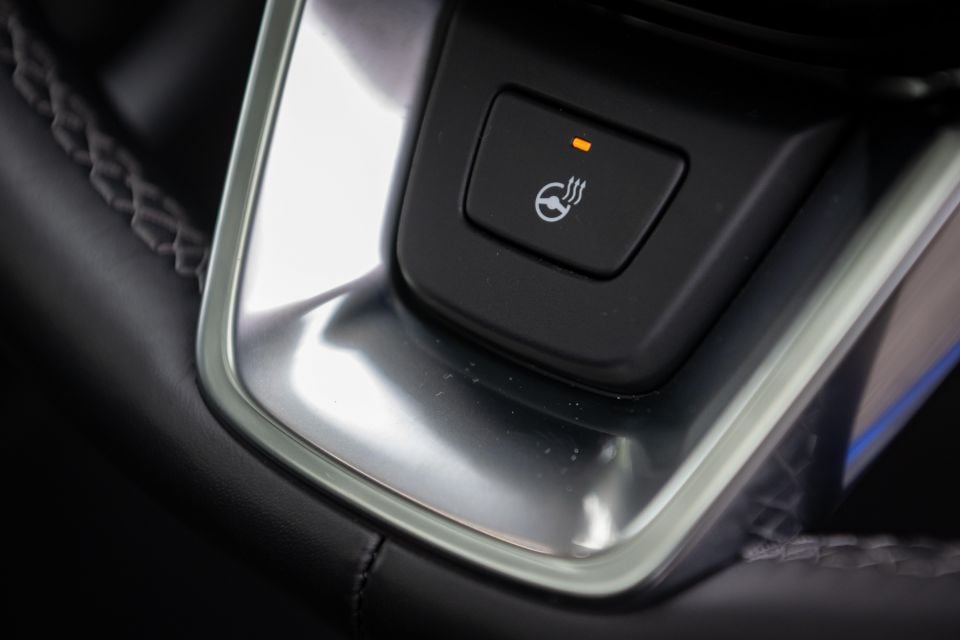
But there is a decent amount of clever information and data available to you, like trip computers, media controls and even a display to monitor the car’s powertrain and see what’s happening at any given time while you’re driving.
You’ve also got a steering wheel heating button on the steering wheel itself – which is way better than having to go through the screen to get to it!
Some buttons I’m not as fond of include the gear-selector controls, which include push buttons for the Park, Neutral and Drive actuation, and a pull trigger for Reverse, which is the same action you do when you’re pulling on the electronic handbrake.
I managed to get it wrong a few times – there is some innate thing in my brain that makes me want to pull the reverse trigger to put the car into park… I guess it works, too!
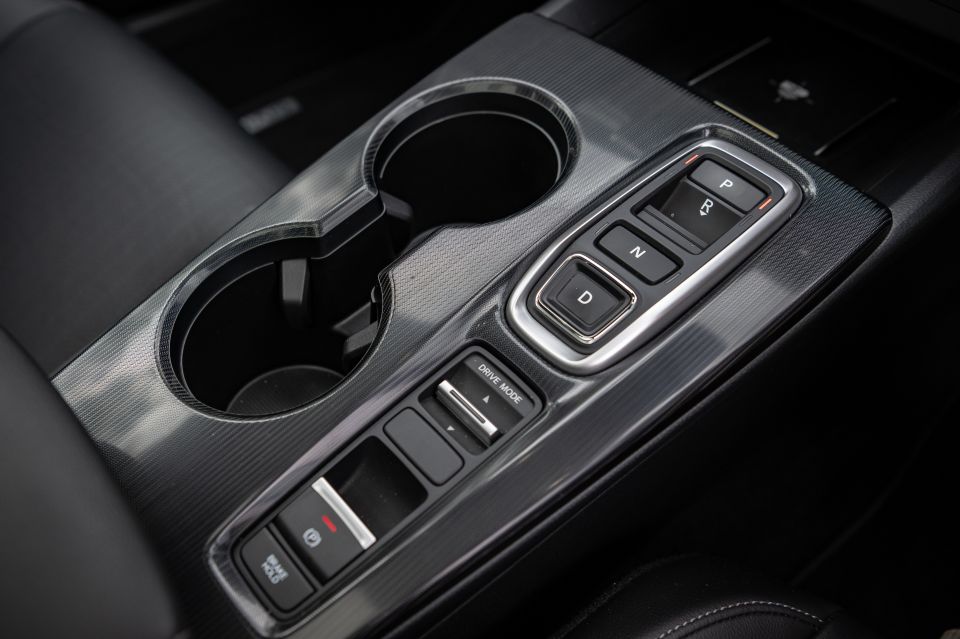
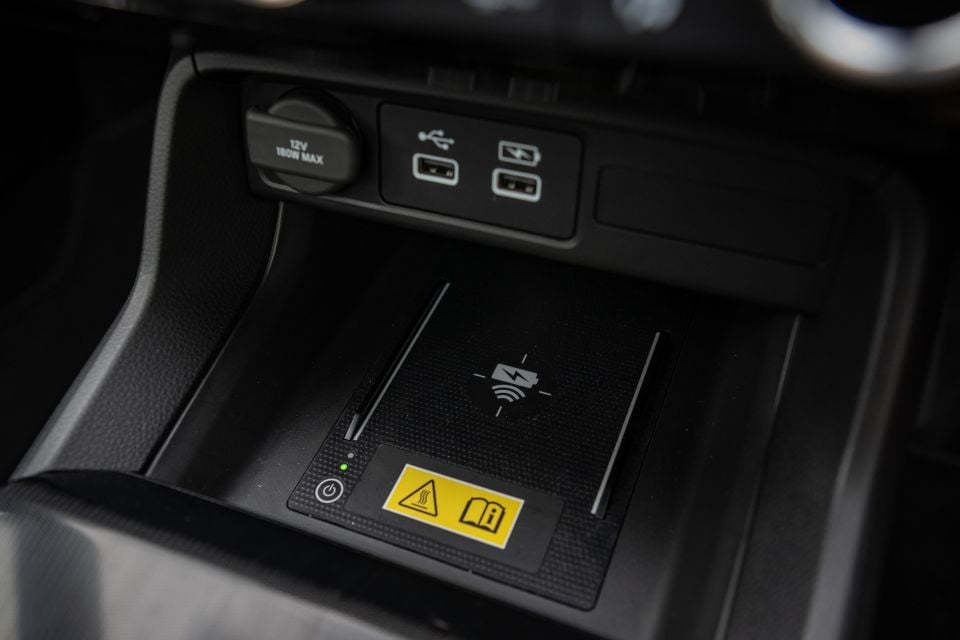
There’s also a Drive Mode controller down near the selector as well, but for this test I just drove the car in the standard mode.
You’ve got a wireless phone charger with a pair of USB-A ports and a 12-volt outlet as well, a pair of decent sized cupholders between the front seats, and a reasonable centre console bin. Both front doors have good sized bottle holders, and there are soft elbow pads and a soft centre console cover too.
I appreciate that this higher-grade model still comes with a light headliner as opposed to black, which is seemingly the go-to for so many brands, and the hybrid also has a panoramic sunroof which does make for an even more airy experience inside.
In the backseat, head room is the biggest issue – both getting in and sitting in the back. This means that you might have to be careful about how tall you are!
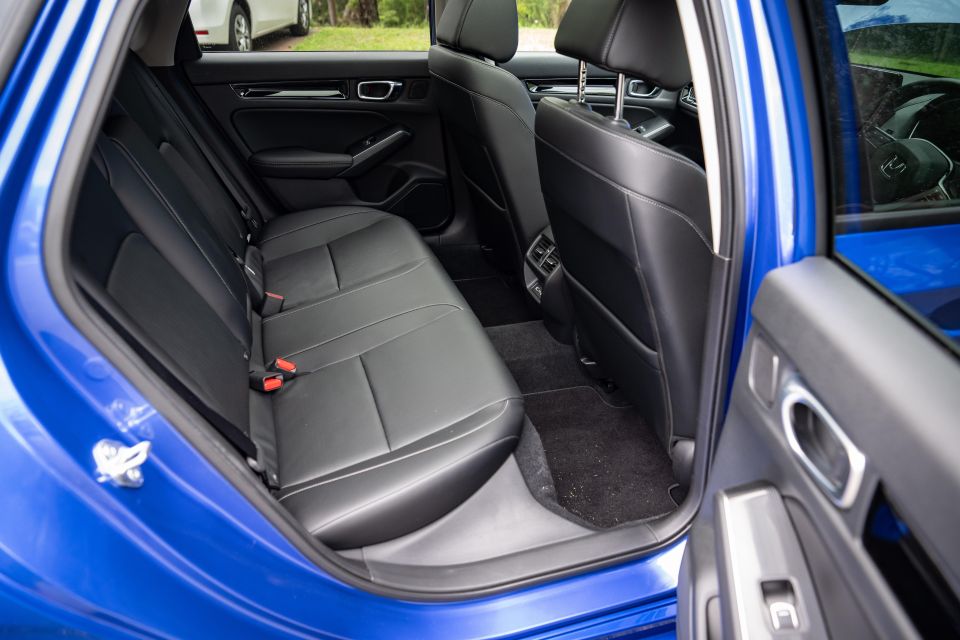
At 6’0” or 182 cm, my head just brushes the ceiling, and I have to duck to get in and out. But thankfully, there is ample legroom and foot space in front with the driver’s seat in my position.
You could potentially fit three adults across the back, but it wouldn’t be the most comfortable trip for everyone involved, as the middle seat isn’t comfortable and it is a higher position than the more sculpted outboard seats. There is a modest transmission tunnel intrusion to contend with, too.
If you’re riding two-up in the back, there’s a flip down armrest with cupholders as well, directional air-vents, and a pair USB-A ports.
You get two map pockets, bottle holders in the doors and soft elbow pads as well – though the top parts of the doors are a little bit downgraded compared to the material used upfront, and while the front doors have ambient light strips, the back ones don’t.
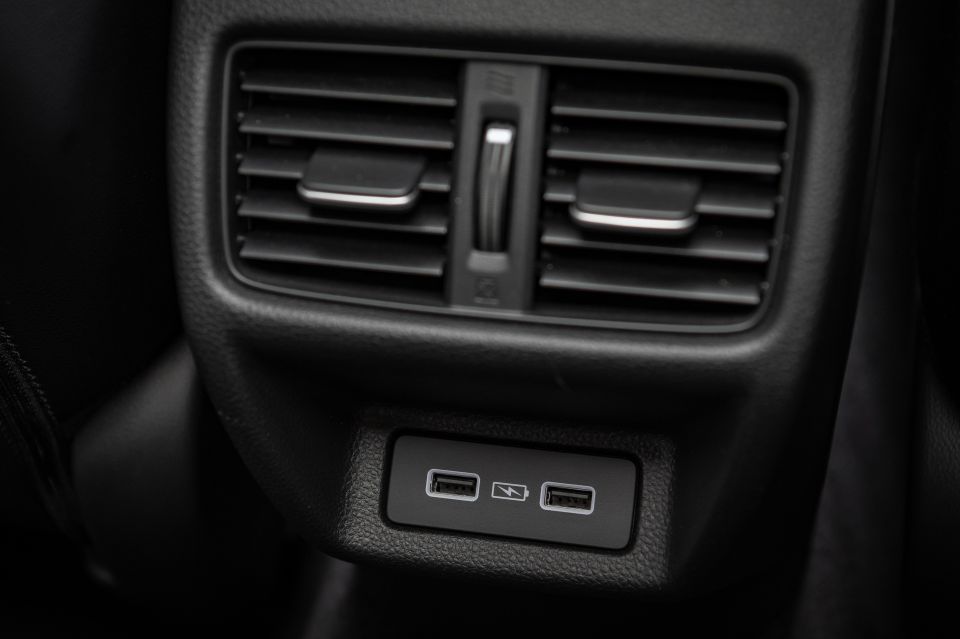
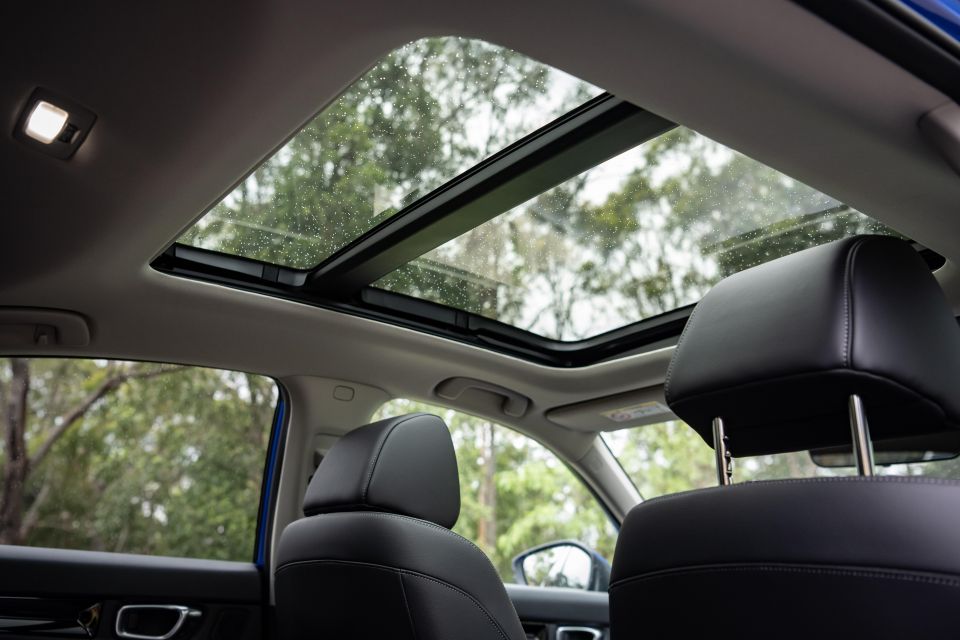
Parents will note there are ISOFIX points in the outboard spots, and three top-tethers as well.
Thankfully in the Civic – as opposed to the CR-V – you get an integrated middle seatbelt in the backrest, meaning it doesn’t come down from the ceiling. Likewise you don’t have to attach the middle top-tether to the ceiling, as it’s in the boot area.
There are no clever Magic Seat elements to the interior, and this $55,000 hatchback doesn’t come with an electric tailgate, and you also miss out on a proper parcel shelf – instead you get a retractable cover, which will not double as a parcel shelf unless you’re loading feathers on there (or maybe a tissue box).
Under the boot you won’t find anything, because there is no spare tyre in the spec; although, you do get a repair kit hidden back there.
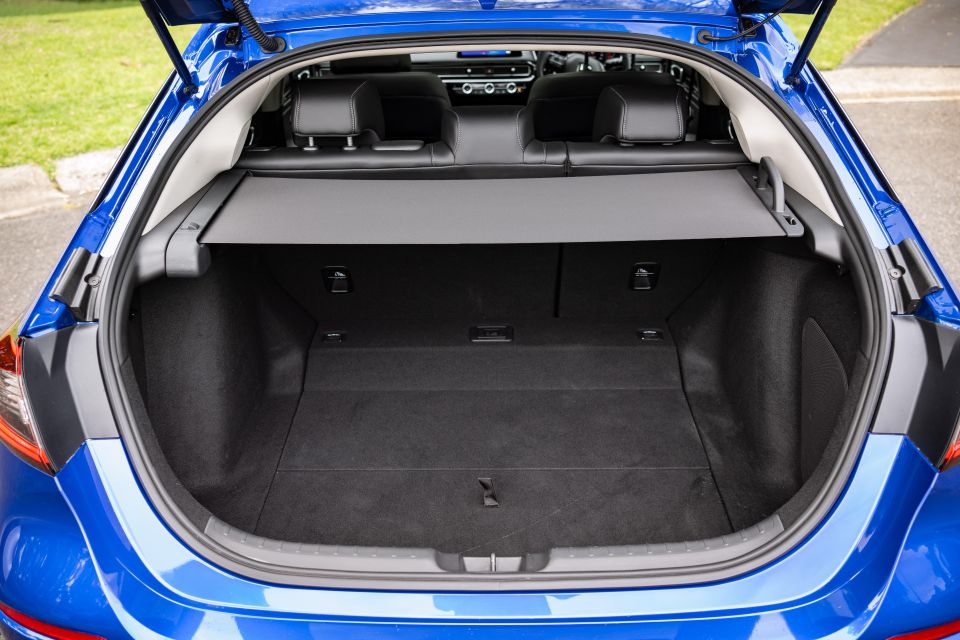
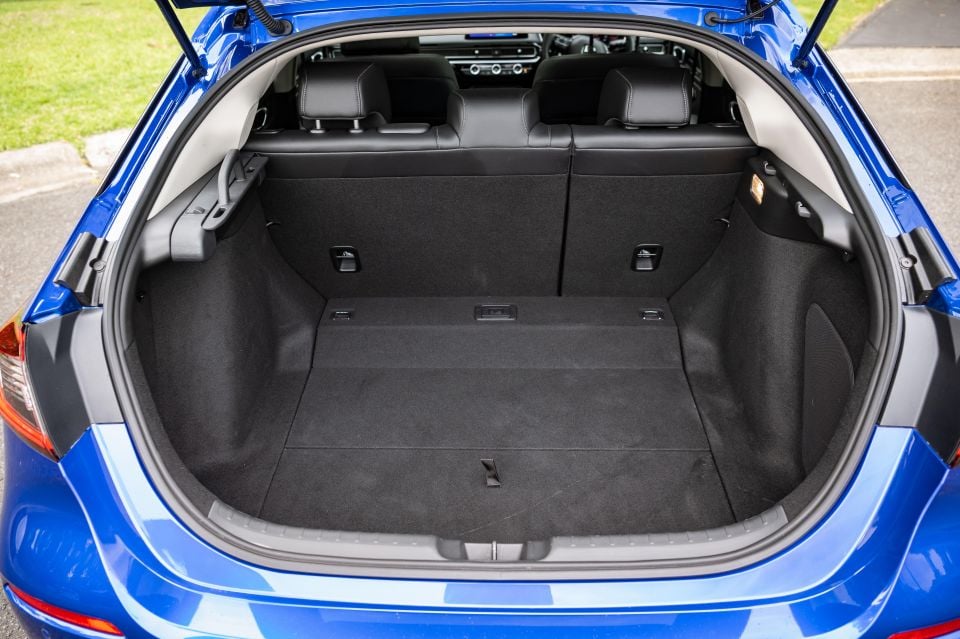
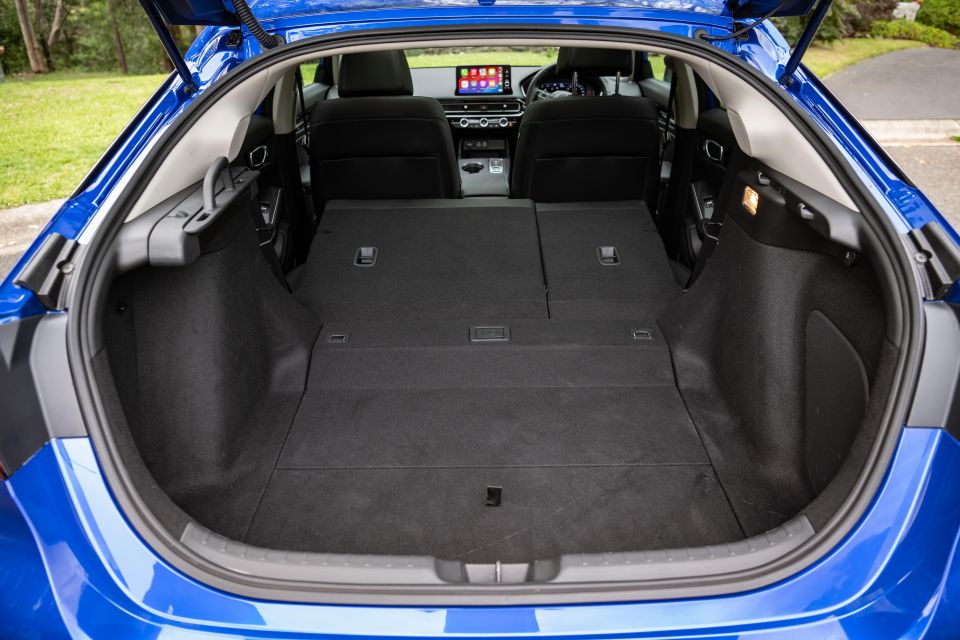
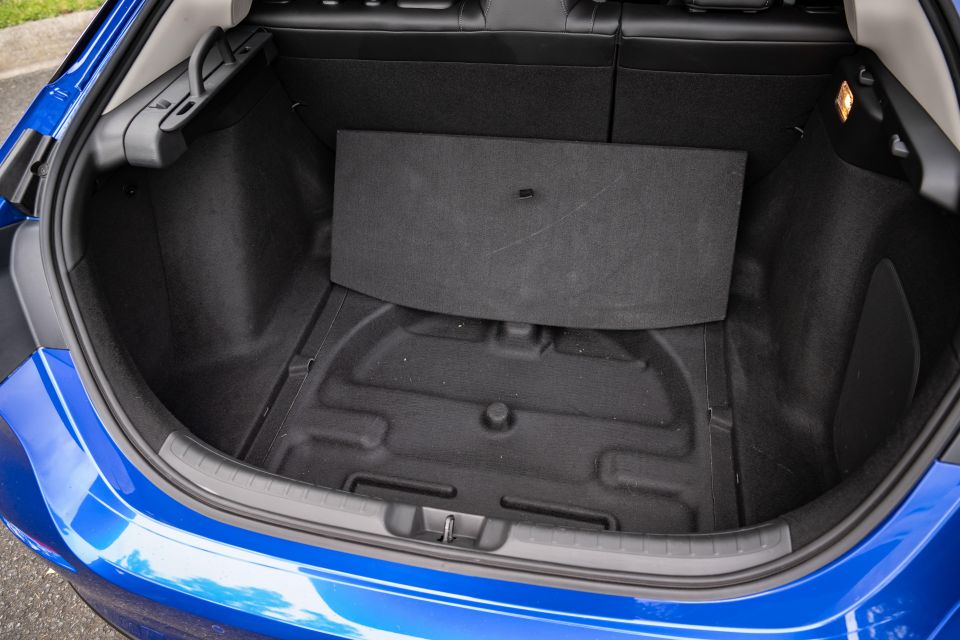
The boot itself isn’t a flat space either, but it is a damn sight more usable than a Corolla Hatch, with the hybrid model still offering a healthy 409 litres of cargo capacity (which is less than the petrol, at 449L).
You can fold the seats down and get extra space if you need it, but it’s not a flat load-through to take advantage of the 1187L of cargo volume with the back seats folded down.
The e:HEV LX uses a 2.0-litre naturally-aspirated petrol engine teamed to a pair of electric motors and a battery pack.
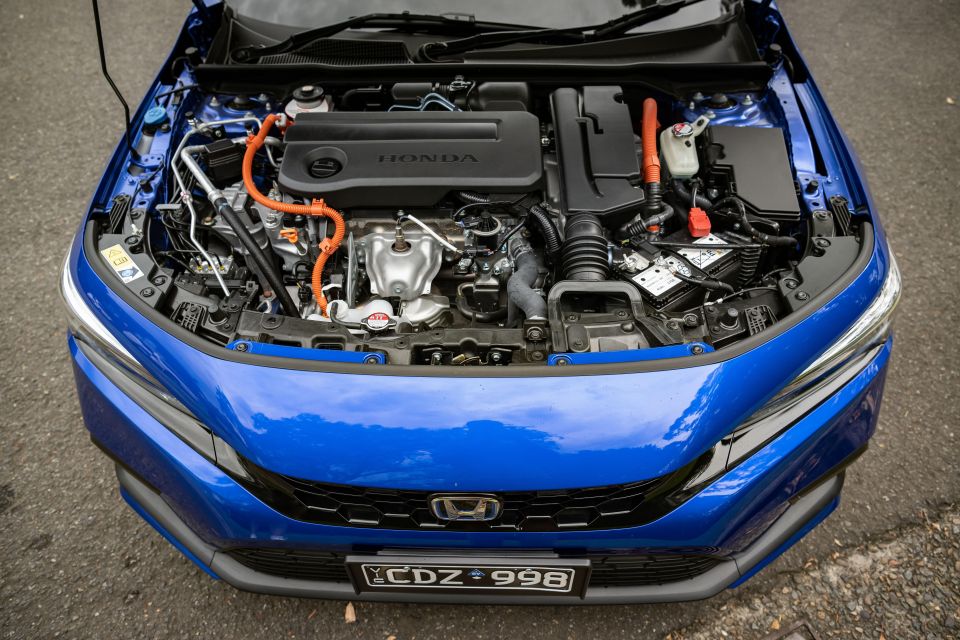
The engine is a 2.0-litre Atkinson cycle petrol with direct injection (with outputs of 105kW/186Nm) which is teamed with a 1.05kWh lithium-ion battery and two electric motors – but don’t go thinking that means that it’s all-wheel drive… it’s not! Both e-motors power the front wheels only.
The combined outputs are gruntier than the base model turbo-petrol Civic, with 135kW and 315Nm. That’s pretty hefty for a compact hatchback. It makes use of an e-CVT (continuously-variable transmission).
The official combined cycle fuel consumption figure for this grade is 4.2L/100km and it is rated to drive using 91 RON regular unleaded. It has a 40-litre fuel tank. Across hundreds of kilometres of mixed testing, I saw a return of 5.0L per 100km, which – while not as good as the sticker, or as a Corolla Hybrid – but it’s still pretty good.
It’s almost like the lovechild of a Kia Cerato GT and a Toyota Corolla Hybrid.
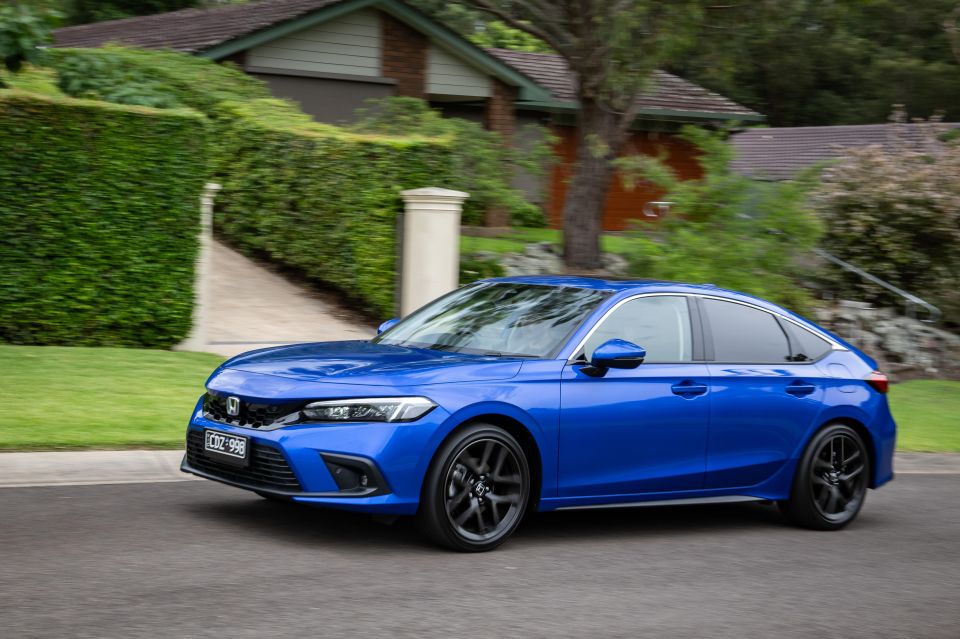
I say that because it’s a sportier drive than you might expect a hybrid hatch to be, but still with the petrol-electric smarts and trickery to make it a properly efficient choice, especially in start-stop city driving.
The petrol-electric hybrid powertrain is eager to use EV mode as much as possible in lower speed situations, and it will even dip in and out at higher pace, too. But in traffic jams or when dealing with intersections or parking, you’ll notice it’s driving electric because of the lack of engine noise, and the little green light on the dash.
The engine is a little noisy, being that it acts a bit more like a generator in some situations, but it can also use that engine to support the electric propulsion (like a Toyota), meaning it feels properly quick when you put your foot flat. The official number is 7.8 seconds from 0-100km/h, but it feels a bit more brisk than that.
It does have a CVT auto, which means you can still get that “buzzing” style sound under acceleration, but it also has noticeable “shifts” when you’re accelerating from a standstill.
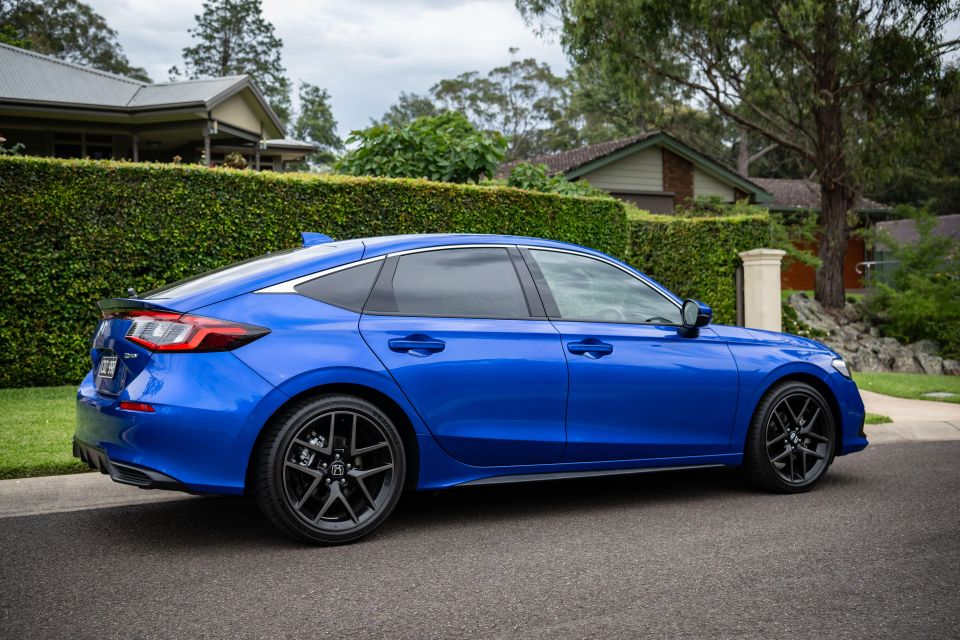
By sporty to drive, I mean that it has a firmer ride than some people might be happy with; though, I really love the driving manners of this car.
It is hard-riding at times, but it is firm and controlled in corners, and never crashy over bumps… just a bit of a ‘lumpy’ feeling at times.
The steering has that typical Honda speedy assistance to it, meaning it feels direct and fast in the way it changes direction, and that adds to the sporty driving factor.
It’s enjoyable to drive, whether you’re linking up a few faster corners, or even just doing boring stuff like dealing with roundabouts or reverse-parallel parks.
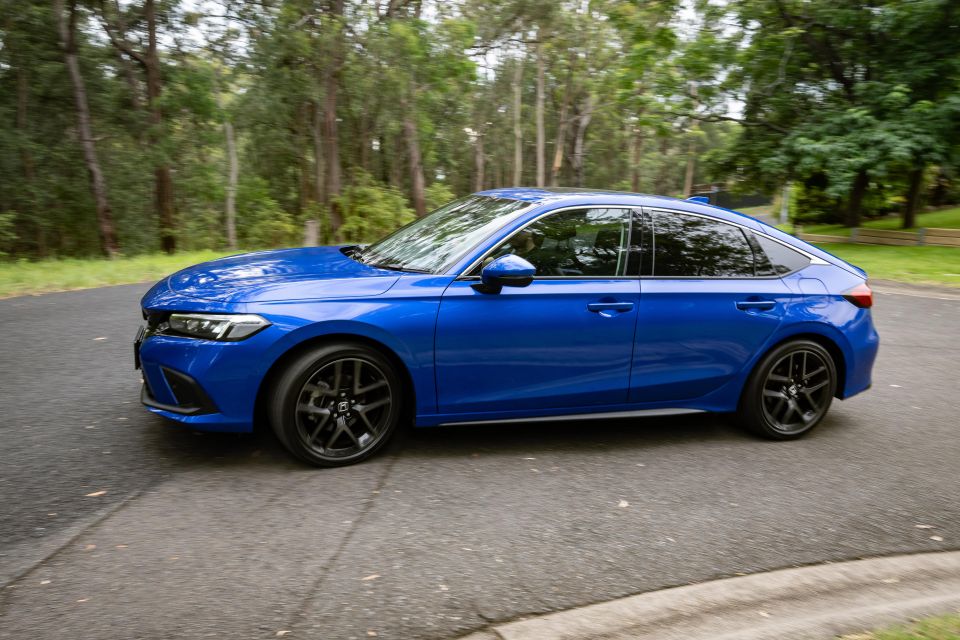
Now, this spec does have a reversing camera with multiple view options; though, there’s no side or front (or 360-degree) camera system. It’s not overly hard to park, but the rear pillars aren’t the thinnest.
One frustration for drivers who live where there are lots of coarse-chip surfaces is the amount of road noise that can creep into the cabin, especially at freeway pace. That seems to be a new-gen Honda trait, sadly.
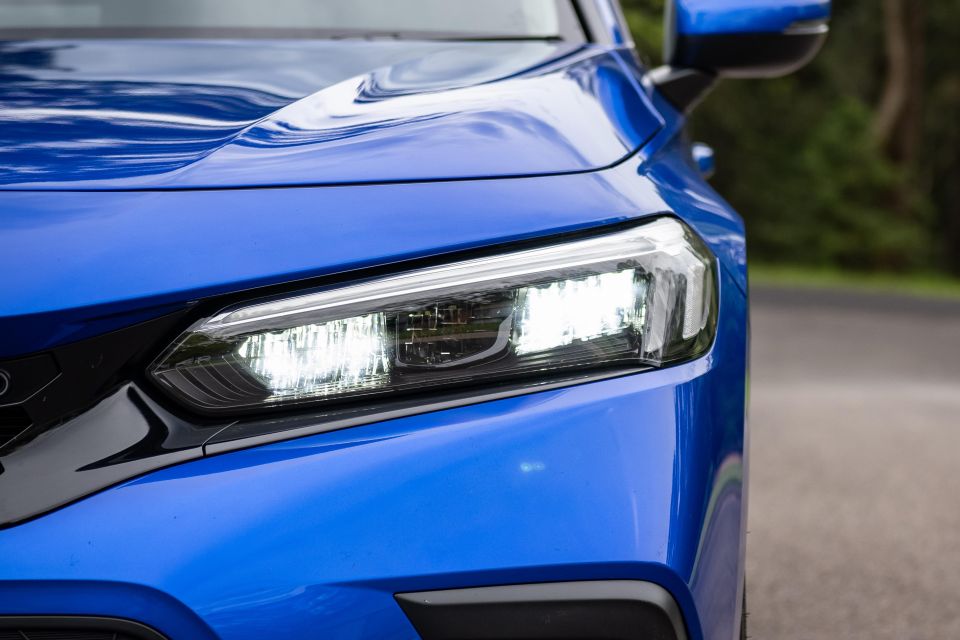

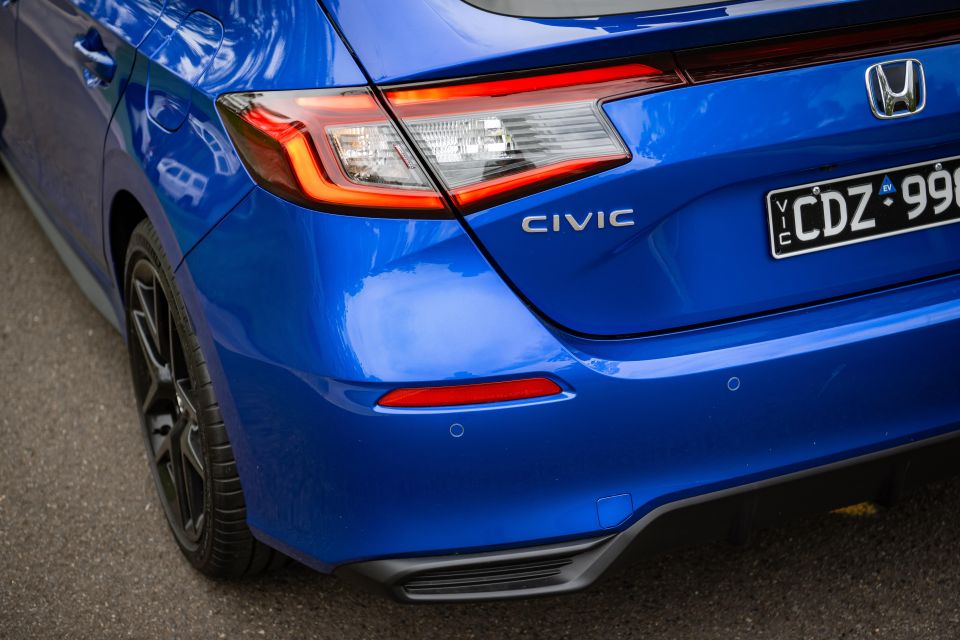

Where expert car reviews meet expert car buying – CarExpert gives you trusted advice, personalised service and real savings on your next new car.
Civic VTi LX highlights:

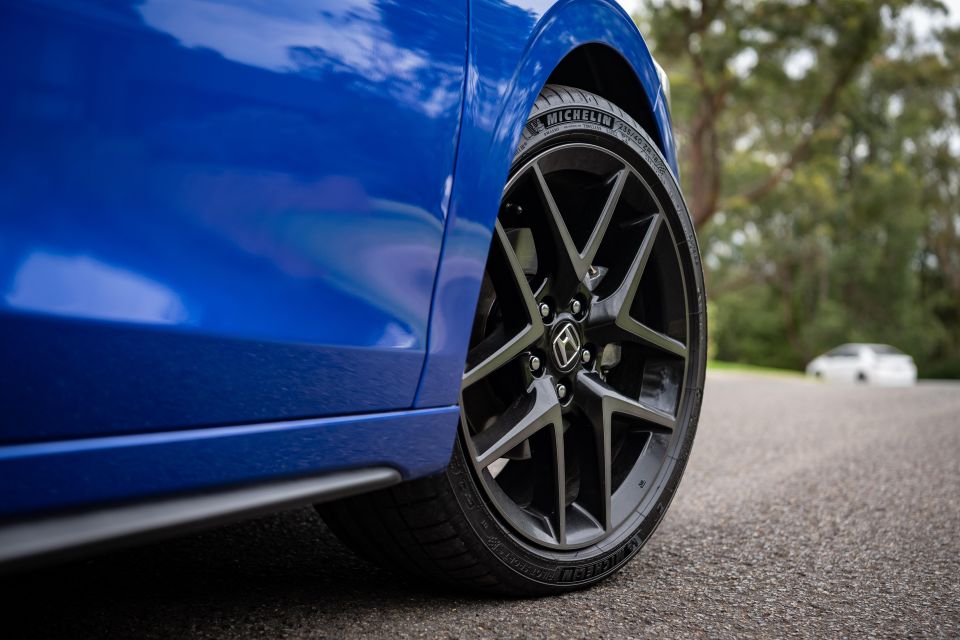
Civic e:HEV LX adds:
Let us know if you’d go e:HEV or VTi in the comments!
At the time of writing, the current Honda Civic hasn’t been tested by ANCAP – but there is a five-star score for the hybrid model based on 2022 Euro NCAP crash testing.
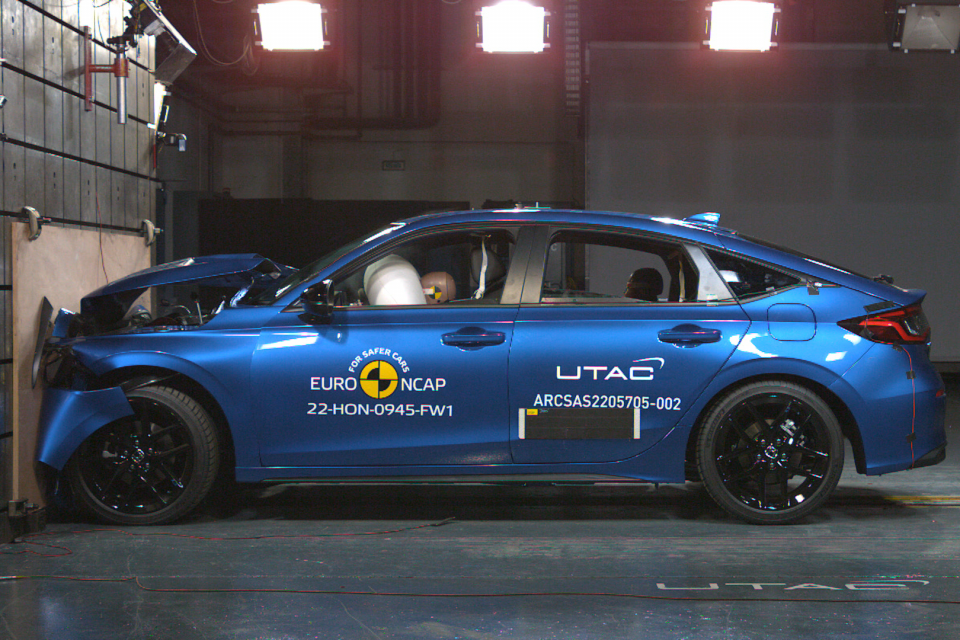
In that testing, it achieved 89 per cent for adult occupant protection, 87 per cent for child occupant protection, 82 per cent for vulnerable road users and 83 per cent for safety assist.
Standard safety equipment includes:
What’s weird about this spec is that it adds rear side and front centre airbags, which you don’t get in the base model.
Buy any Honda in Australia and you get a five-year, unlimited-kilometre warranty for the car, but buy a hybrid Honda and the battery pack is covered for an eight-year/unlimited-kilometre period.
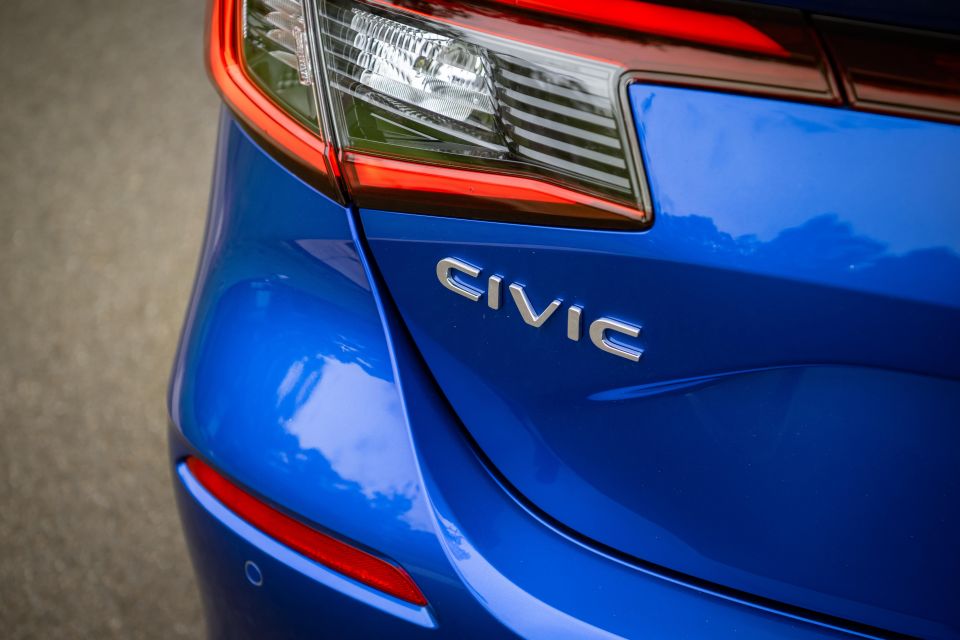
You also get five years of premium roadside assistance cover, and there’s a five-year capped-price servicing plan, too.
Honda Australia offers “5 Low Price Services”, with scheduled maintenance capped at $199 per service for the first five visits. The service intervals are 12 months or 10,000 kilometres – which is shorter than many rivals (15,000km is average).
Buyers will receive satellite navigation map updates for the duration of the new-car warranty, and Honda Connect services data is included for five years, too.
The Honda Civic e:HEV LX is lovely. It just costs a bit too much.
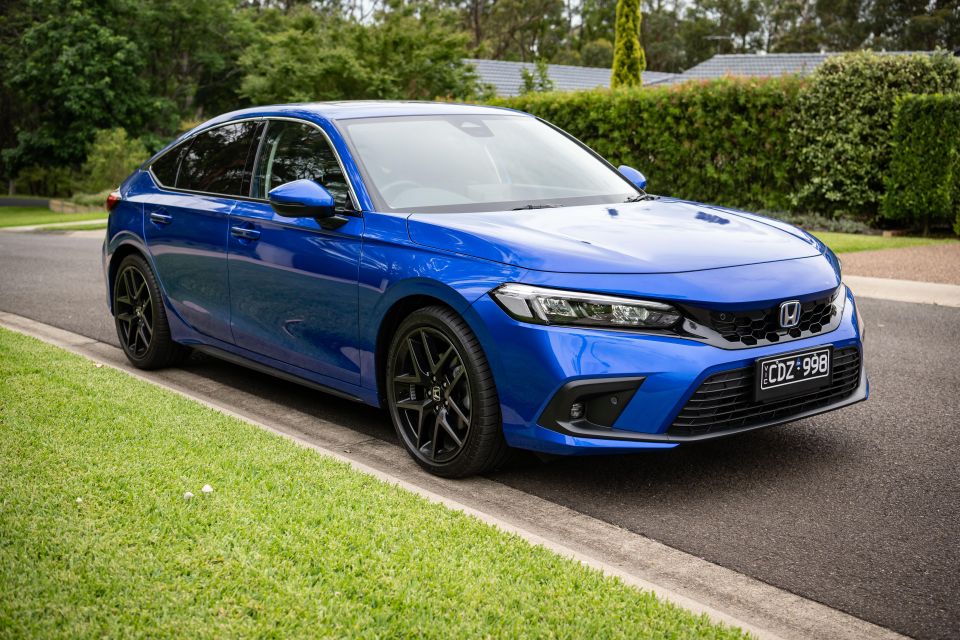
If this was $50,000 drive-away, Honda would be selling a lot more of them. Likewise if the petrol was in the $42,000 range, it would be a bigger success story on the sales charts.
But if you’re okay with spending more, then you’re getting a lot of small car for the cash. It’s properly efficient, lovely to drive, and has a pretty usable cabin with a lovely design to it, too.
Click the images for the full gallery
BUY: Honda Civic MORE: Everything Honda Civic
Where expert car reviews meet expert car buying – CarExpert gives you trusted advice, personalised service and real savings on your next new car.
Matt has more than a decade of experience in automotive journalism, and loves exploring the pros and cons of new cars, delving into deep-dive industry stories, and going for a drive just for the fun of it.


Damion Smy
5 Hours Ago
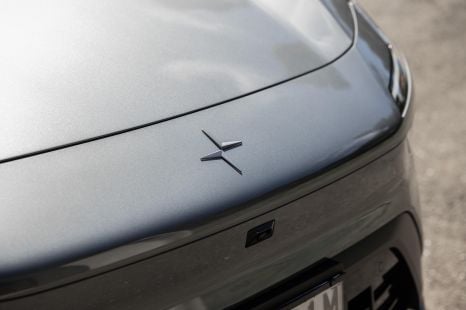

Damion Smy
6 Hours Ago


Damion Smy
8 Hours Ago
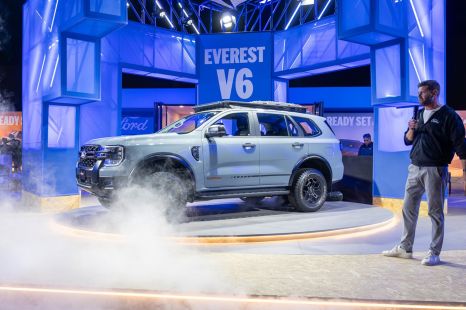

Damion Smy
10 Hours Ago


CarExpert.com.au
11 Hours Ago


Ben Zachariah
13 Hours Ago